- Home
Homepage Templates
This website features a variety of customizable templates designed to create engaging and visually appealing homepages.
List views
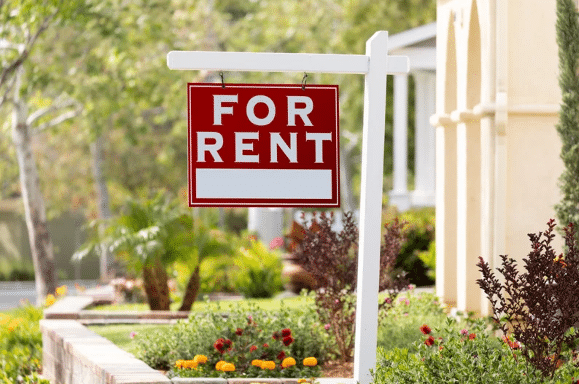
Buy a home
Find your new home with our platform. Search for some kind and one-of-a-kind homes for sale including neighborhood features you won't find anywhere else.
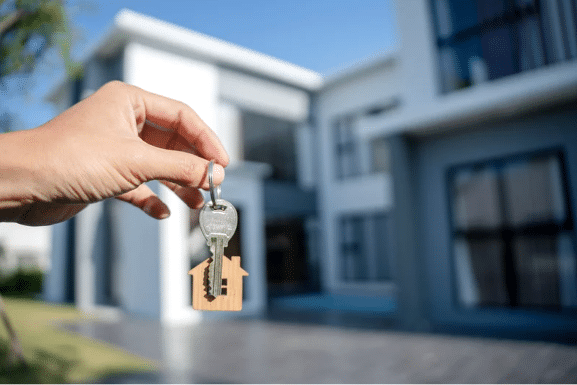
Rent a home
Renting in our network has never been easier. We have a variety of different rental and comfortable places that suits your needs easily on our site.
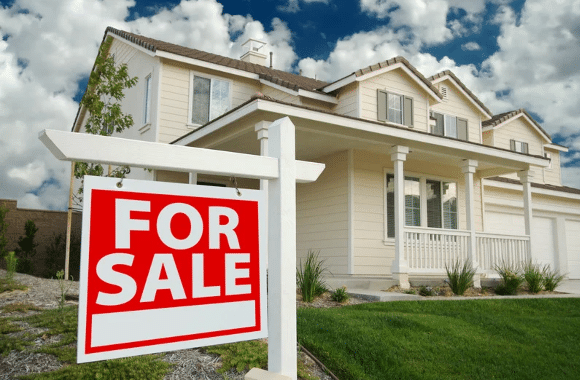
Sell a home
We make the process easy and understandable. We make sure to clarify your options and offer you strategies to get your home sold quickly.
- Listing
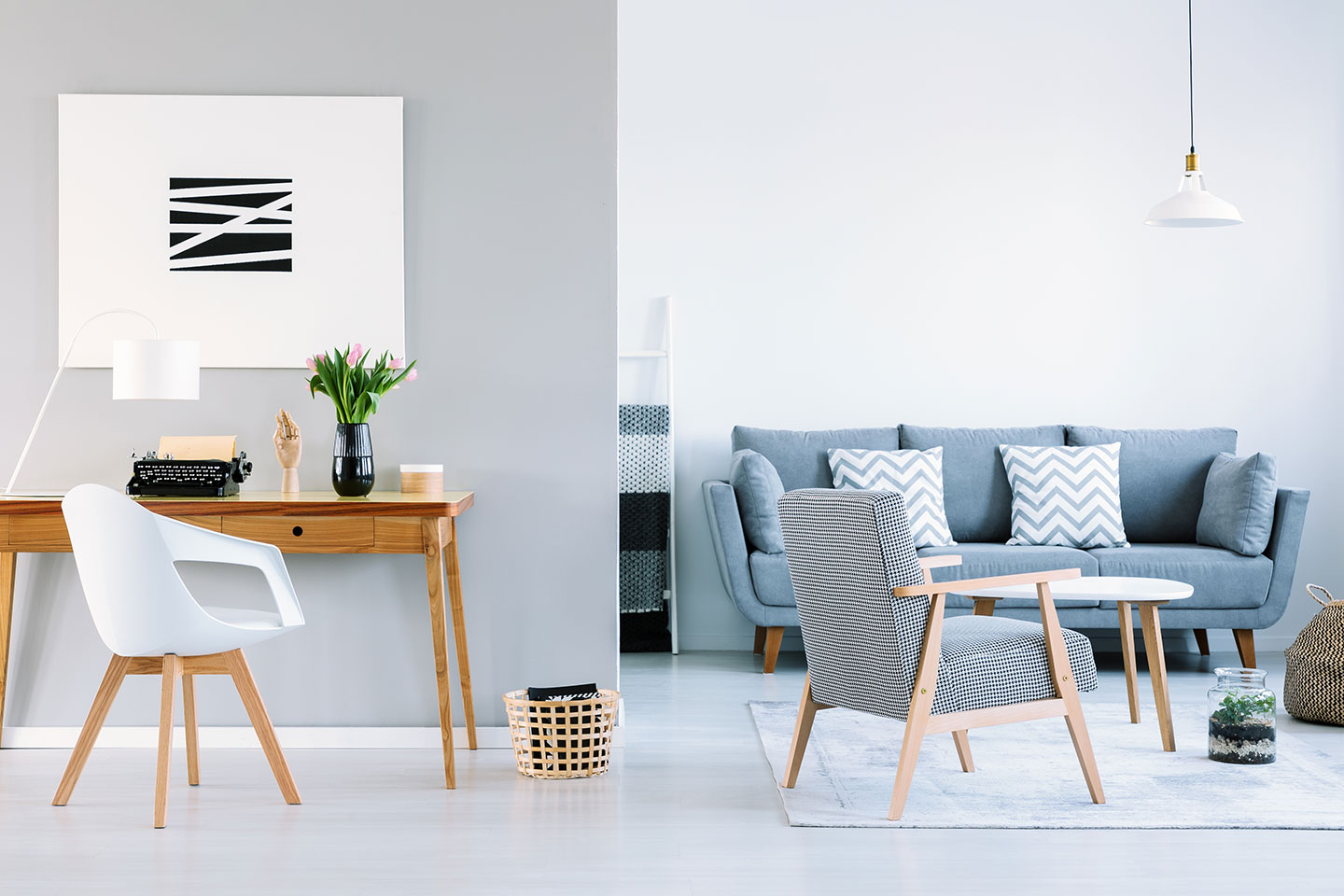
Listing Templates
This listing templates features a variety of customizable templates designed to create engaging and visually appealing listing pages.
List Layout
INDUSTRIAL PARKS
- Property
Property Detail Page Templates
This menu tab features a variety of customizable templates designed to meet your property search experiences.
Category
Project Launch
Properties types
City
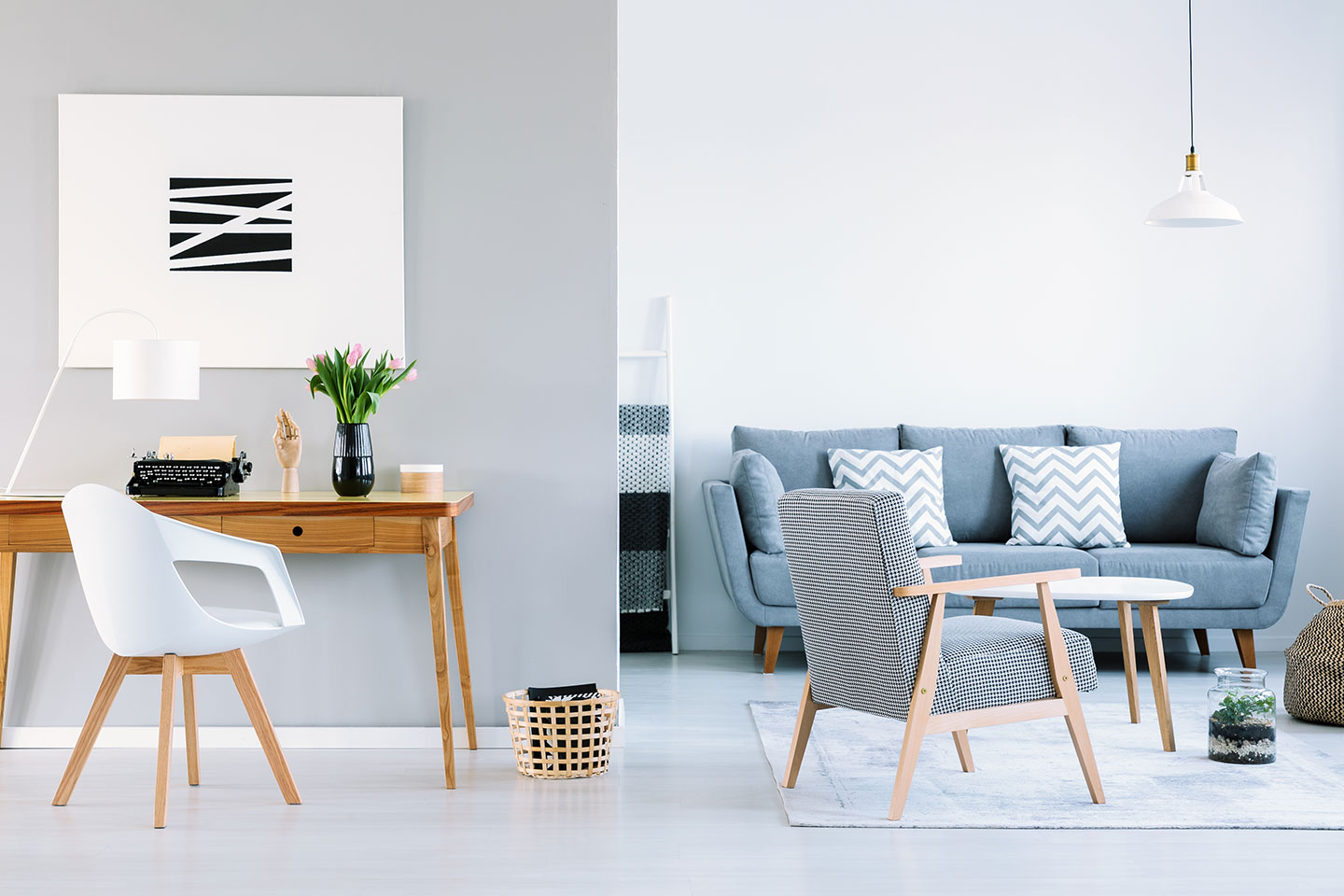
Find Your Dream Home
We make the process easy and understandable. We make sure to clarify your options .
- Realtor
- Others
Frequently Asked Questions
Got questions? We’ve got answers. Our Q&A section is here to help you understand everything about property buying, renting, and investing in Malaysia. Whether you're a first-time buyer, a landlord, or just exploring, you'll find quick answers to common questions.
Question and Answer (buying Guide )
In Malaysia, you can buy:
Shop lots
Offices
Factories / industrial units
Retail units (in malls)
Hotels or resorts (with license)
Mixed-use developments
Yes, but with restrictions:
Minimum threshold: Varies by state (e.g. RM1 million in KL and Selangor; higher in Johor and Penang)
Some states restrict foreign ownership of certain types of land (e.g. Malay Reserved Land, Bumiputera lots)
Both options are possible. Using a company may provide tax benefits and liability protection but comes with higher compliance costs.
Freehold: Full ownership, permanent title.
Leasehold: Limited time (30–99 years), extension possible but subject to premium.
Strata title: Applies to multi-unit buildings; includes management fees, sinking funds, and JMB/MC rules.
Generally no, but in some projects, certain quotas may apply depending on state policies. Always check with the developer or local land office.
Yes, foreigners need:
State Authority Consent
Economic Planning Unit (EPU) approval in certain cases (e.g. if buying agricultural land or property > RM20 million)
Individual title: Easier transfer
Strata title: Shared facilities, common in office suites or retail units in a mall
Company-owned property may involve transfer of shares instead of property title (share sale vs asset sale).
Foreigners can buy in personal name, but some choose to set up Malaysian Sdn. Bhd. companies for:
Flexibility
Tax planning
Developing or leasing commercial assets
Circumventing certain restrictions (case-by-case)
Stamp Duty: 1%–3% depending on property price
Legal Fees: 0.4%–1% of the property value
Real Property Gains Tax (RPGT):
Locals: 0–30% (based on holding period)
Foreigners: 10% (flat rate if sold anytime)
Valuation Fees: Based on a fixed scale by the Board of Valuers
Locals: Yes, up to 80% margin of financing
Foreigners: Yes, but often capped at 60–70%, subject to creditworthiness and approval by Malaysian banks
Always check the title. Freehold gives perpetual ownership; leasehold (usually 30–99 years) has expiry concerns and affects resale value.
Yes. Check:
Zoning laws (commercial, industrial, etc.)
Local council approvals if you plan to change use
Business licenses needed for hotels, restaurants, etc.
Yes. Commercial property can be leased or rented out to third parties. Ensure tenancy agreements are properly drafted and stamped.
| Kuala Lumpur | RM 1,000,000 |
| Selangor | RM 2,000,000 (urban), RM 1M (rural) |
| Johor | RM 2,000,000 |
| Penang (island) | RM 3,000,000 |
| Penang (mainland) | RM 1,000,00 |
Mandatory if:
Foreigners buy agricultural land
Buying commercial properties worth over RM 20 million
Involves merger, acquisition, or joint venture with Malaysian entity
Foreigners may buy under:
Personal name
Malaysian-incorporated company (Sdn. Bhd.)
Companies with ≥50% foreign ownership face additional regulatory oversight
Must register with Companies Commission of Malaysia (SSM)
- Initial Research and Selection
- Offer to Purchase / Letter of Offer
- Engaging a Lawyer
- Signing the Sale and Purchase Agreement (SPA)
- Financing & Loan Agreement (if applicable)
- Stamp Duty & Legal Fees & Cost
- Title Transfer and Registration
- Vacant Possession & Final Steps
- When you’re under the Malaysia My Second Home (MM2H) program, there are specific rules and conditions that will directly affect how and what property you can buy in Malaysia.
Under the revised MM2H rules (2021 onward, with updates in 2023–2025), MM2H visa holders are required to purchase residential property within a certain timeframe after visa approval:
Property must be residential, not commercial or agricultural.
If you fail to buy within the timeframe, your visa may be revoked or renewal denied.
2) Minimum Property Price Must Meet the Higher of Two Thresholds.
3) 10-Year Holding Period (No Downgrading) – Once you purchase a property under the MM2H program, you are required to hold it for a minimum of 10 years and are not allowed to downgrade to a lower-value property during this period
4) Proof of Purchase for Visa Continuation – Property purchase is part of MM2H visa compliance. Applicants must provide a valid Sale & Purchase Agreement (SPA) or property title deed to support visa continuation or renewal.
5) Only Residential Property is Allowed – Under the MM2H program, only residential properties are permitted—such as condominiums, apartments, landed homes (subject to state regulations), and landed strata properties (where allowed by state law).
6) State Authority Consent – You must obtain consent from the relevant State Authority before purchasing any property. This process typically takes 1 to 3 months, but approval may be denied if the property is below the minimum price threshold, is a Bumiputera-reserved unit, or is located on Malay Reserved Land.
7) Loan / Financing Rules – MM2H holders may be eligible for home loans but typically receive a lower Loan-to-Value (LTV) ratio, usually between 60% and 70%. Loan approval is subject to meeting the bank’s requirements, including income verification and valid MM2H status.
8) Fixed Deposit Withdrawal for Property – MM2H allows you to withdraw a portion of your fixed deposit for property purchases, with the withdrawable amount varying according to your specific tier.
9) Taxes & Fees – MM2H does not exempt you from paying stamp duty (on the Sale & Purchase Agreement and property transfer), legal fees, or Real Property Gains Tax (RPGT) upon sale
Renting a Properties (Q&A)
Standard practice is:
2 months’ rent = security deposit
1 month rent = advance rent
0.5 month rent = utility deposit
📌 So total = ~3 months’ rent upfront for Residential Properties.
Yes. A signed tenancy agreement protects both the landlord and tenant.
It should include:
Duration (typically 1–2 years)
Monthly rent and due date
Notice period (usually 2 months)
Rules on repairs, subletting, termination
Yes. The tenant pays stamp duty to LHDN (Inland Revenue Board).
You may lose your security deposit or need to pay remaining months, depending on the tenancy agreement.
When renting a property, it’s important to understand the standard terms and conditions typically included in a tenancy agreement.
1. Property Details
Description: A detailed description of the property being rented, including its address and any specific features or amenities.
Condition: The current state of the property, including any furniture, fixtures, or appliances provided.
2. Rental Amount and Payment Terms
Monthly Rent: The agreed-upon monthly rent amount and the due date for payments.
Payment Method: Accepted methods of payment (e.g., bank transfer, check, cash).
Late Fees: Any penalties for late payments.
3. Security Deposit
Amount: The amount required as a security deposit, usually equivalent to one or two months’ rent.
Purpose: To cover any damages or unpaid rent at the end of the tenancy.
4. Tenancy Period
Duration: The length of the lease term (e.g., one year, six months).
Renewal Option: Terms for renewing the lease, including notice periods and any changes in rent.
5. Maintenance and Repairs
Landlord Responsibilities: What repairs and maintenance the landlord is responsible for.
Tenant Responsibilities: What repairs and maintenance the tenant is responsible for.
6. Utilities and Services
Included Utilities: Which utilities (e.g., water, electricity) are included in the rent.
Tenant’s Responsibility: Any utilities or services the tenant is responsible for.
7. Termination and Eviction
Termination Clause: Conditions under which the tenancy can be terminated by either party.
Notice Period: The required notice period for terminating the lease.
Eviction Process: The legal process for eviction if the tenant breaches the agreement.
8. Other Terms
Subletting: Whether the tenant is allowed to sublet the property.
Pets: Policies regarding pets, including any additional fees or restrictions.
Insurance: Requirements for tenant’s insurance.
The payment terms for renting residential and commercial properties can differ significantly.
Residential Properties:
- Security Deposit: Typically equivalent to two months’ rent. It’s held by the landlord and returned at the end of the lease, provided there are no damages or unpaid rent.
- Advance Rent: Often, the first month’s rent is paid upfront before moving in.
- Monthly Rent: Rent is usually paid on a monthly basis, either at the beginning or end of the month.
- Late Fees: There are often penalties for late rent payments, which are specified in the lease agreement.
- Utilities: Depending on the agreement, tenants might pay for utilities such as water, electricity, gas, and internet separately.
- Maintenance Fees: In some cases, tenants may be responsible for minor maintenance and repairs, while major repairs are handled by the landlord.
Commercial Properties:
- Security Deposit: Usually higher than residential properties and can be equivalent to several months’ rent, depending on the lease agreement.
- Advance Rent: Commercial leases may require advance payment of several months’ rent or even a full year’s rent upfront.
- Rent Payment Frequency: Rent can be paid monthly, quarterly, or annually, depending on the lease terms.
- Base Rent and Additional Rent: Commercial leases often include a base rent plus additional charges for operating expenses
- Late Fees: Similar to residential leases, late fees are imposed for delayed rent payments.
- Utilities and Services: Tenants usually pay for their own utilities and services, and may also contribute to common area maintenance (CAM) charges.
- Maintenance and Repairs: Tenants might be responsible for maintaining and repairing their rented space, while the landlord maintains common areas and building exteriors.
- Renewal and Rent Escalation: Commercial leases often include clauses for lease renewal and rent escalation, where the rent may increase periodically.
Tenant: Minor fixes (lightbulbs, clogged drains)
Landlord: Major repairs (plumbing, air-cond, leaks)
☑️ Always clarify this in the tenancy agreement.
Depends. There are 3 types:
Fully furnished: Everything included (furniture, appliances, even utensils)
Partially furnished: Basic fixtures (fans, lights, wardrobes, kitchen cabinets)
Unfurnished: Bare unit
No. Rent can only be revised at the end of the tenancy unless stated otherwise in the agreement.
Yes. Rental income is taxable in Malaysia.
You can deduct:
Maintenance costs
Quit rent
Property management fees
Mortgage interest
🏦 Declare under Section 4(d) of Income Tax Act.
Yes — must provide valid ID & visa
Accordion Content
Q&A Section
Rise up your query here and we will try the best to answer if could.
